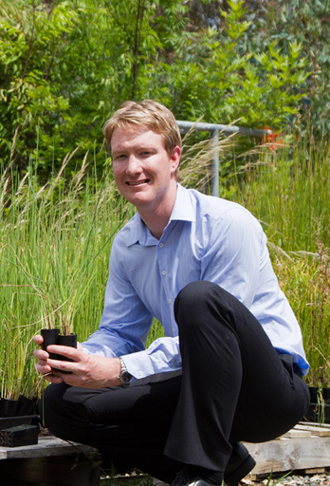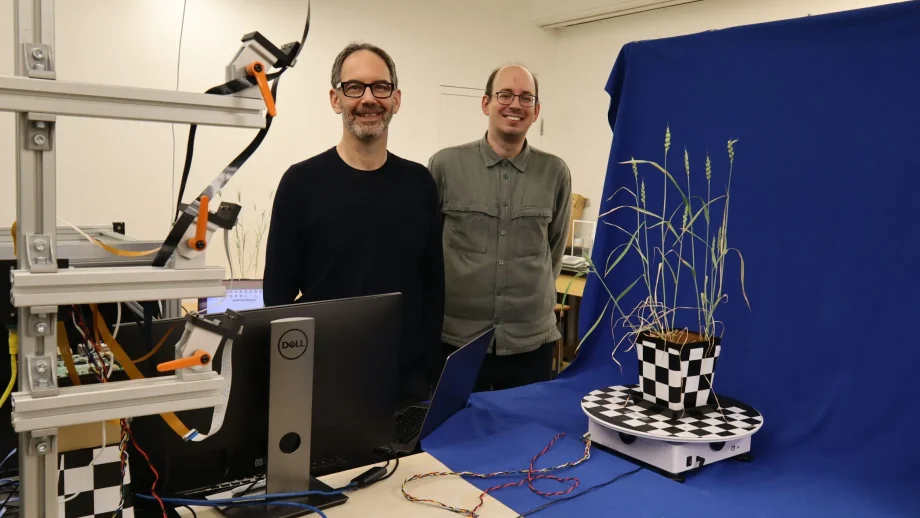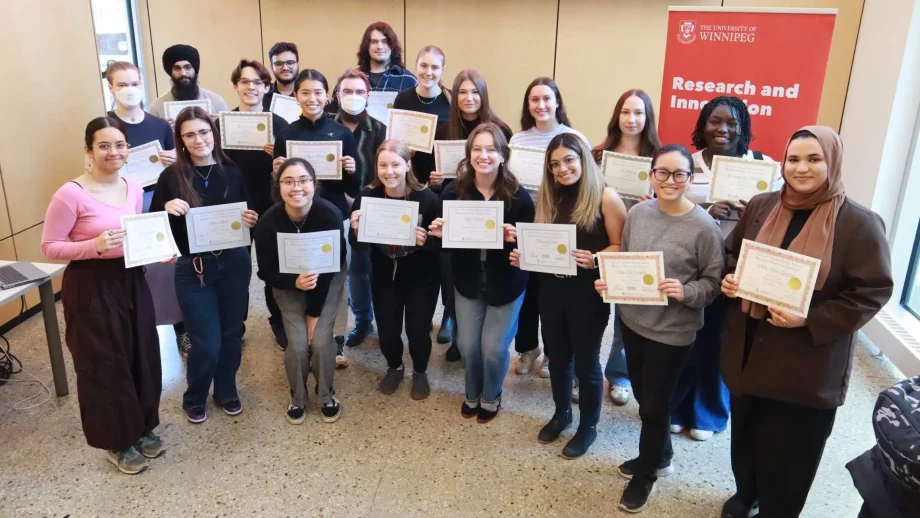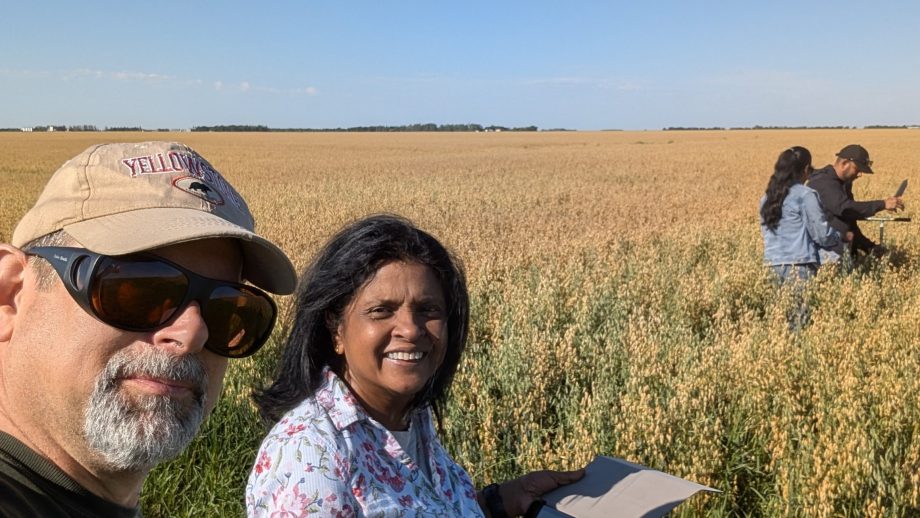A recent study conducted by researchers from The University of Winnipeg and the Swedish University of Agriculture Sciences has shed light on the experiences of Winnipeg gardeners and the reasons some of them choose to incorporate native flora and fauna into their yard. While there have been many studies into the benefits of community gardens, this is the first to focus on residential efforts.

Chris Raymond, photo submitted.
Last weekend, UWinnipeg’s Dr. Alan Diduck and his co-researcher Christopher Raymond presented their findings to the public and study participants at FortWhyte Alive.
Earlier this year, Diduck and Raymond interviewed 50 gardeners in the Winnipeg area. Some of the participants were involved in FortWhyte’s Naturescape program — which teaches gardeners how to turn their outdoor space into a habitat for local plants and animals — and some were gardeners with an interest in biodiversity.
“The aim of this study is to explore home gardeners’ values for their yard, and the environmental, personal, or social changes that have occurred there as a result of being engaged in environmental learning programs,” said Diduck, who teaches in the Department of Environmental Studies and Sciences.
The participants cited a range of different reasons for maintaining a personal garden, including a love of nature and therapeutic/mindfulness benefits, among others.
In terms of learning activities, many of the gardeners got their information from a range of sources from books, to family members, to group activities. The participants in FortWhyte’s Naturescape program were exposed to presentations, workshops, an advice helpline, and visits to indoor and outdoor exhibits.
“I think some of the biggest takeaways for participants have been that their gardens don’t always have to be perfectly manicured, leaving a fallen log or a pile of leaves actually benefits many critters,” said Minna Goulet, Naturescape Coordinator. “Part of the Naturescape philosophy is learning how to share your garden with wildlife and appreciate that it can be even more beautiful to enjoy it with a bird, squirrel, or rabbit.”
The study concluded with Diduck and Raymond’s suggestions for improvements to training programs aimed at helping home gardeners build biodiversity in their yards.
“We hope that the project will yield practical recommendations regarding garden learning programs and a theoretical framework for explaining how participant’s values, attitudes, beliefs and behaviours form and change as a result of participation in garden-based learning,” Diduck said.
This study was funded by the Royal Swedish Academy of Agriculture and Forestry and UWinnipeg, in partnership with FortWhyte Alive.





